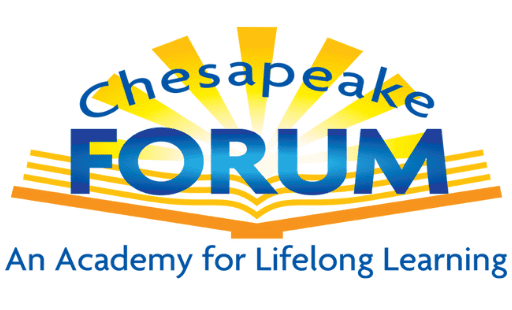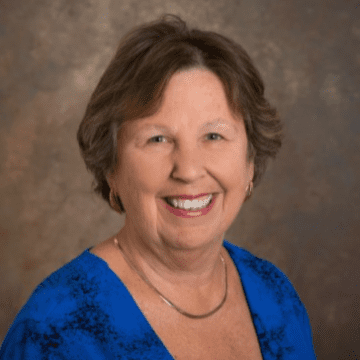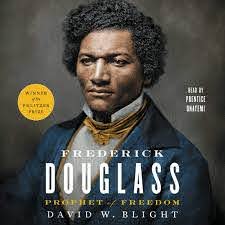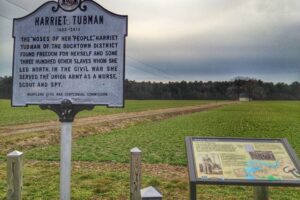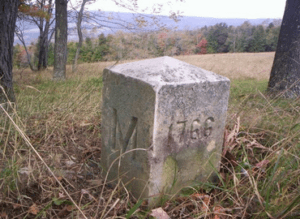Brought to you by Chesapeake Forum and the Oxford Community Center, this special three-part series tackles a tough issue in America today with education, discussion, and civil discourse — a Chesapeake Forum mission!
In Part I, we will join author and Professor Margaret Andersen, Ph.D., for a discussion of Getting Smart about Race as she examines the questions: Where does the idea of race come from? How is it related to racial inequalities? We will also examine the concepts of “systemic racism” and “critical race theory” to gain an understanding of what these terms truly mean as a framework for understanding racial issues.
In Part II, Constance Morris Hope will address The Language of Racism by examining the meaning of concepts often associated with racism — diversity, inclusion, equality, belonging, privilege, and unconscious bias.
Part III will conclude the series with a Community Panel moderated by Chesapeake Forum President Lynn Randle focused on what local organizations are doing to address racial inequality at a local level and how we can participate in these efforts to combat the persistence of racism here in Talbot County.
Course Links:
